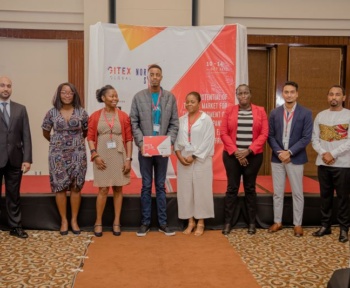Happy New Month!
In November, Fraud awareness week was running from 13th to 19th November, and is a week dedicated to cause awareness about fraud. In this article, we will focus on Occupational Fraud, or fraud in the workplace.
Occupational Fraud is fraud committed by people who work for, or do business with an organisation, according to fraudweek.com. Fraud is a very great risk to any organisation with employees, as, most times, employees are the most likely to take part in fraudulent activities.
Fraud could cost a company a lot of damage, and further cause a lot of strain in the day to day activities of the fraud victims. Heavy losses for a business are incurred, not just monetarily. Fraud attacks can also cause brand damage, erode customer confidence, and even have legal ramifications.

Occupational Fraud could occur in three forms, namely:
Misappropriation of assets
This occurs in the event an employee misuses an organization’s assets.
Corruption
This is where employees wrongly use their business in a business transaction to obtain personal gain, or influence a certain gain.
Financial statement fraud.
This is where employees misreport about an organization’s financial record and in a bid to mislead others. In Kenya, an example of financial statement fraud is how organizations misreport their records to evade taxes.
Various Occupational fraud schemes include, but are not limited to :

Stealing cash
Payroll fraud, where there is falsified overtime, ghost employees etc
Expense reimbursement schemes
Unrecorded vacations and leave days
Use of corporate credit cards for unauthorized purposes
Fabricated receipts, vouchers, transaction details or orders
Such occurrences are due to poor internal controls, and punitive actions could be taken to curb this. As a result, audit controls are important for any organisation to prevent liability.
Have a lovely last month of 2022!




